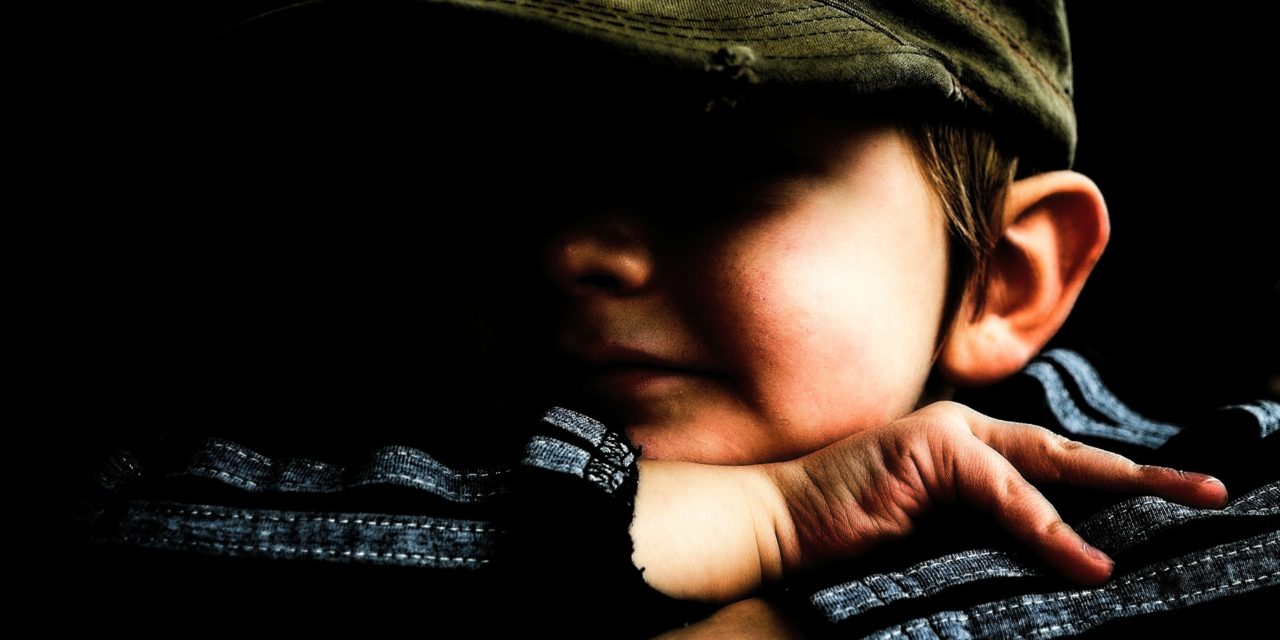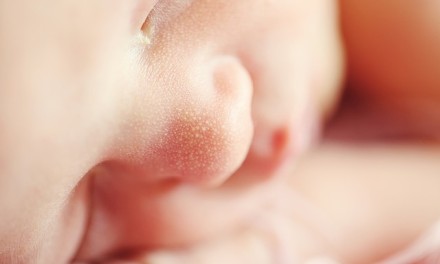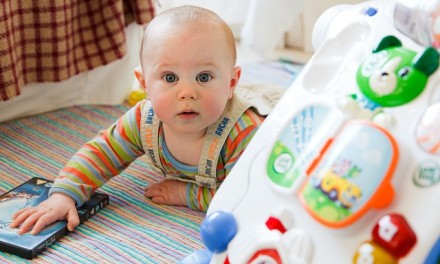A lot of people confuse Asperger Syndrome and Autism
Asperger’s syndrome is, in fact, a disturbance of the spectrum of autism. Autism is characterized by difficulty in socialization, in verbal and non-verbal communication. There may also be some delay in language and a restriction on the range of interests. But these are the characteristics of autism in general; In the case of Asperger’s syndrome it’s different. This syndrome has some particular characteristics. Usually they are individuals with a good intellectual level – whereas in classic autism there is a cognitive deficit – kids with autism often develop an almost adult language and sometimes even sound like “little doctors”.
What sets them apart then?
They are children who stand out, who know a lot about certain themes uncommon for their age. They have a very large capacity for memorizing highly complex subjects. What fails in children and adults with Asperger’s syndrome is then the part of socialization, either in the ability to relate to and maintain reciprocal relationships over a period of time, or to create friendships as each of us creates, or even sometimes fail in development of social skills, such as understanding the implicit meanings, the small nuances, perceiving the social rules that are established, understanding the body language of the other. They organize the society that surrounds them in a restrictive way. Of course, this all adds up to social awkwardness.
At what age does a disturbance begin to be noticeable?
All disorders related to autism are developmental disorders, that is, they are present from birth. While autism is noted in the first few months of life – there are mothers who say “I noticed right away that my son had something different, did not breastfeed, did not cuddle me” – Asperger syndrome is not so obvious , It is often only later that it manifests itself because they are early or bright children in language or begin to experience difficulties in interaction at home or at school.
Can the Asperger be mistaken for shyness?
Yes, easily. It is sometimes difficult to distinguish whether socially reserved behavior is due to the syndrome or whether it is a characteristic of the person’s personality.
How is the diagnosis made?
The diagnosis is purely clinical, there is no biological marker, that is, there is no examination or analysis that can be done. A detailed medical history is taken to understand the patient’s relationship with others or with the physician. The key is a well-developed and early history of development. In the case of this syndrome, it is typical to appear when the kids go to school. There for the three, four years when the first interactions with the colleagues happen, when they begin to have to share, that is where they notice the first problems.
After the complete diagnosis, what is the next step?
This is a thorny issue, there is no biological treatment, there are no remedies. It is, therefore, a complex treatment and ideally multidisciplinary and always tailored to the needs of each case. There are people who live perfectly with the syndrome because they live in an environment that accepts them well or have a family that dealt well with the issue and others who were not so lucky and suffered bullying, one of the most frequent problems in children with Asperger’s, especially in adolescence.
What follow-up should be done?
In Asperger’s follow-up, the role of the physician turns out to be the least important. The doctor may be a developmental pediatrician, a neuropediatrician, or a pediatrician or psychiatrist in adulthood. Very important is the role of other health professionals who do all the rehabilitation and psycho-social work with these people, such as psychotherapy for anxiety control, interventions for training social skills, etc. … They are always thinking In the conquest of autonomy.
Entering into adulthood turns out to be a much bigger challenge, is not it?
No doubt. Entering into adulthood is always difficult because they move from protected environments such as colleges or the family to college or the job market, where there is a need to master social skills and deal with unpredictability. On a regular basis, there are cases that have not been diagnosed before.
Is it true that there is a greater propensity in boys for this type of disorder?
The literature varies widely, but rather, Asperger’s syndrome affects between 5 and 10 times more boys than girls. It will naturally have to do with some biological question, may be genetic factors related to the male sex. In general, this genus is more fragile in terms of neurological development.
…














Leave a Reply